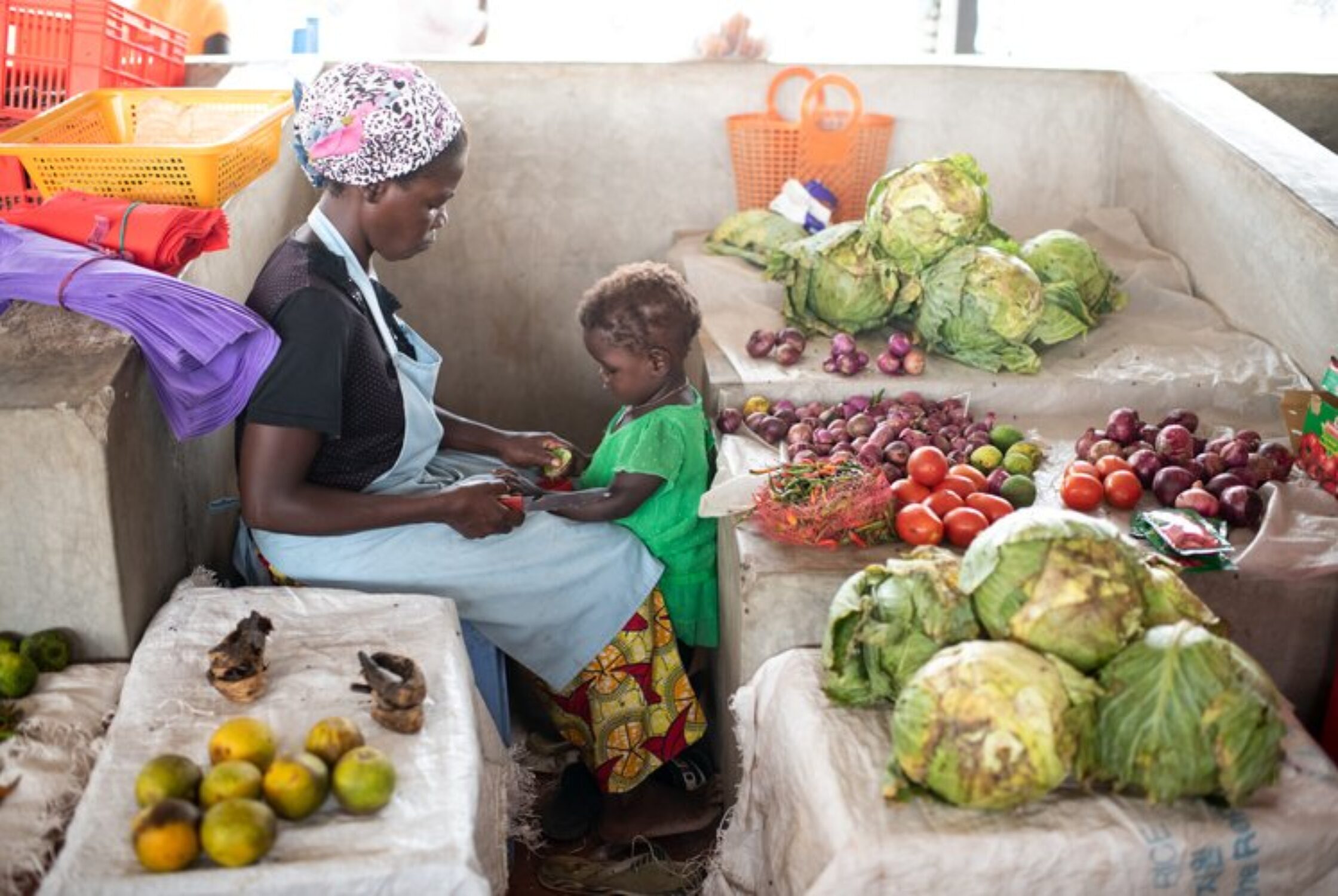Global Lessons for Kenya to Improve Refugees’ Access to Work Permits

While refugee access to the formal labor market is increasingly recognized for its benefits both to refugees and their host country, legal work remains elusive for many people living as refugees in new communities. Language barriers, the lack of an established network, and difficulties in having their skills and diplomas recognized in their new country are common challenges that refugees around the world must overcome. Access to the formal labor market is even harder in countries with legal restrictions on refugees’ employment, often in the form of the requirement of a work permit, as is the case in Kenya.
In theory, refugees in Kenya have the right to work legally, but the requirement of a work permit (specifically the Class M work permit) through a process that is unclear and conditions that are hard to meet, leave most refugees with little choice but to work in the informal labor market or to rely on humanitarian assistance. With most refugees hosted in remote and economically low performing areas, these barriers to accessing decent work limit their participation in the economy and are a major loss to their hosting country’s development. They also take a range of risks—often dangerous and exploitative—when working informally.
With its new Refugee Act of 2021 and upcoming regulations, Kenya has an opportunity to improve the system for refugees’ legal employment. Refugees International recently hosted a roundtable that brought together various stakeholders and experts from Kenya, Rwanda, Jordan and Turkey to share lessons and best practices on refugee policies and how different countries have addressed the barriers to formal work that refugees continue to face.
As they develop new regulations to implement the new Refugee Act, policymakers in Kenya can learn from the variety of models that other countries have adopted, looking at lessons from their successes as well as challenges and how to overcome them.
Rwanda
In an effort to move the country into a middle income economy and increase the self-reliance of its refugee population, Rwanda has adopted more progressive policies and strategies to enhance refugee participation in the local economy. There are legal frameworks which allow refugees freedom of movement and access to formal employment, and work permits are not required. Nevertheless, the challenges that Rwanda’s economy is facing, including high unemployment and inflation rates, have a direct impact on refugees’ ability to access formal work in practice.
Uganda
In Uganda, refugees have the freedom to move and work. However, the processes for accessing work permits are complex and opaque, which prevents most refugees from accessing formal employment in reality. And without a work permit and access to jobs outside the refugee camps, most refugees find it difficult and risky to leave the camps for fear of losing humanitarian support.
Jordan
Jordan has had some successes despite the perennial economic challenges related to high rates of unemployment, low involvement of women in the labor market, legal barriers, and challenges to access identity cards and passports among people who are refugees. For the country to transition towards more economic inclusion for Syrian refugees, most notably in the context of the Jordan Compact, the country has worked towards easing some of the requirements and opening some sectors of the labor market to Syrians. This includes the introduction of flexible work permits for Syrian refugees to work in the construction and agricultural sectors, where they can work for different employers without needing a new work permit.\
Turkey
In 2016, Turkey allowed Syrians under temporary protection to enter the formal labor market if they have a work permit, which must be requested by the employer and renewed annually. By the end of 2019, it had issued 132,497 work permits to Syrians, though the number includes work permits issued to Syrians with residence permits as well as renewals. Turkey also allows Syrians wishing to work in seasonal agriculture or husbandry to apply for a work permit exemption. Despite these efforts, the country is facing key challenges on refugee integration into the local economy including high inflation and unemployment rates and stagnant local economies, in addition to the devastation caused by the earthquake of February 2023.
It must be noted, however, that in both Jordan and Turkey these positive steps only apply to refugees from Syria, excluding refugees from countries such as Afghanistan, Iraq and Sudan, who continue to face major barriers to legal work.
The Way Ahead
Refugee hosting countries have different approaches to refugees’ economic inclusion. Some have inclusive policies but challenges remain in the implementation. Others have yet to address certain legal and administrative barriers to refugees’ access to work. But in all of these countries, there is a need for more multi-level and multi-stakeholder coordination to implement policies for refugees’ economic inclusion, and for more awareness-raising among refugees, host communities, and the private sector on refugee work rights.
In Kenya, policymakers should consider easing work permit requirements in certain sectors where refugees could move freely between employers, and allowing exemptions from work permits starting with some priority professions. The process for work permits should also be simplified and clarified, with efforts to inform refugees, government workers and potential employers on how it works. Policymakers should act in line with the “One Refugee” approach and grant refugees better access to the labor market, decent work and legal protections regardless of which country they have fled.